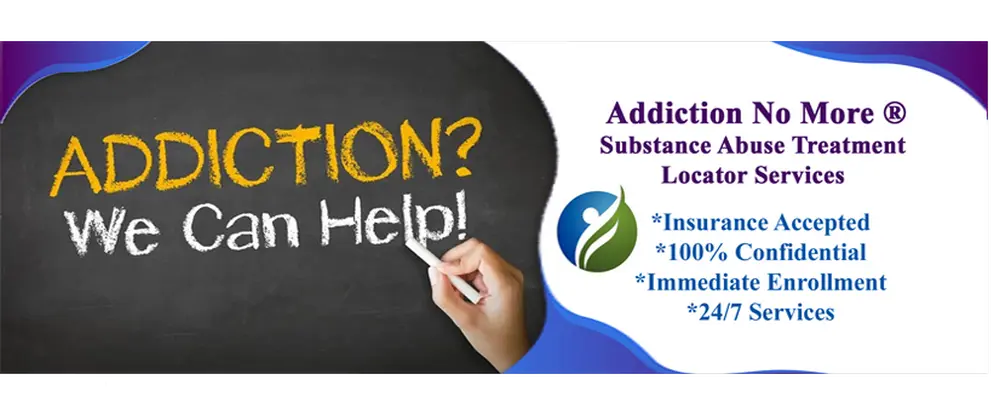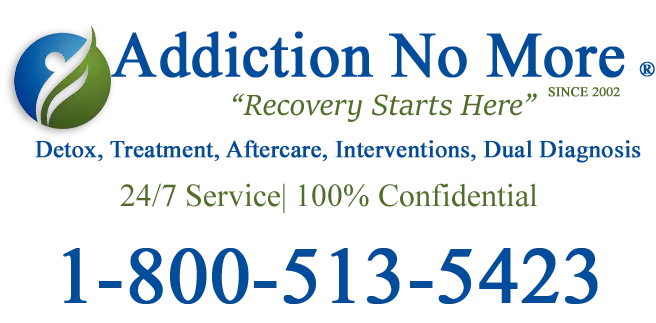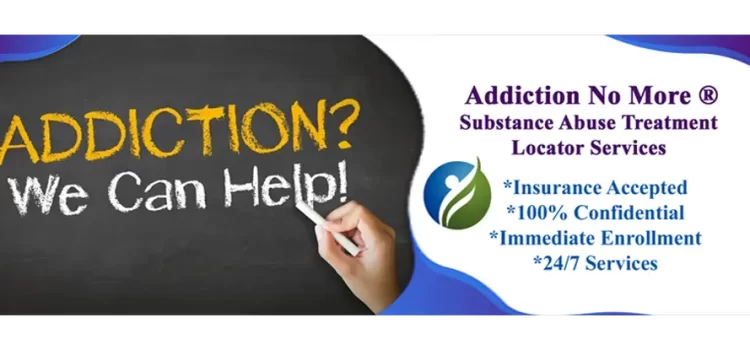Medicated Assisted Treatment (MAT) Services
MAT Services or Medicated Assisted Treatment are programs that provide medications to ease withdrawal symptoms while undergoing counseling to help people who have to rely on their medications to get by from day to day. People who have become dependent on their opioid medications, heroin, or alcohol can benefit from MAT services in their area. These programs have proven to be effective in helping lower the overdose rate in the country as well as saving lives. Studies have shown MAT services are safe, reduce overdoses, increase treatment retention, and improve social functioning. The main goal of MAT programs is to help people make a full recovery, and be productive and independent while undergoing treatment for substance misuse.Please contact us by phone for immediate assistance. This is a necessary step in beginning the recovery process for yourself or for a loved one. Our addiction treatment specialists and staff have over 25 years of experience in helping people find effective and affordable treatment for all addictions. What you tell us is completely confidential. We are HIPAA compliant. We are here to answer your questions and to get you (or a loved one) into treatment today. For immediate intake, call us now.
1-800-513-5423

Is a MAT program just switching one drug for another?
Some people will think that MAT is just replacing one drug with another, but this is not true. The medications prescribed during your program are dispensed through monitored MAT programs. When the person uses the medications as prescribed, it is safe and effective. If a person uses other opioids during their program, they will have little to no effect on the brain’s reward system. Some of the medications used in MAT programs, like buprenorphine, and suboxone, have a limit on how high a user can get when using these medications, so they cannot be used to replace the high one receives while using opioid medications or heroin.How do I find a MAT provider?
Opioid treatment programs or OTPs offer substance abuse treatment for opioid overuse that will use some form of medication-assisted treatment for their patients. Finding the best MAT program for you will depend on the type of medications that you want to use for your opioid replacement treatment program. Another thing to consider is if you are looking for medication-assisted maintenance programs or medication-assisted detoxification options. Some programs offer several different medications that help with opioid cravings and withdrawal once the medications are replaced with suboxone, methadone, or naltrexone. Federal law requires that those who receive treatment in an OTP program receive medical help, counseling, vocational, educational, assessment, and treatment services along with prescribed medications. Treatment through a MAT program can take place at an office, remote clinics, hospitals, and correctional facilities. When looking for a medication-assisted treatment program it is better to stay close to home so you can easily get to appointments and not have to worry about when you can get your medications. Our certified staff can help you locate a MAT treatment center in your area today. Call us 24 hours a day, 7 days a week.1-800-513-5423
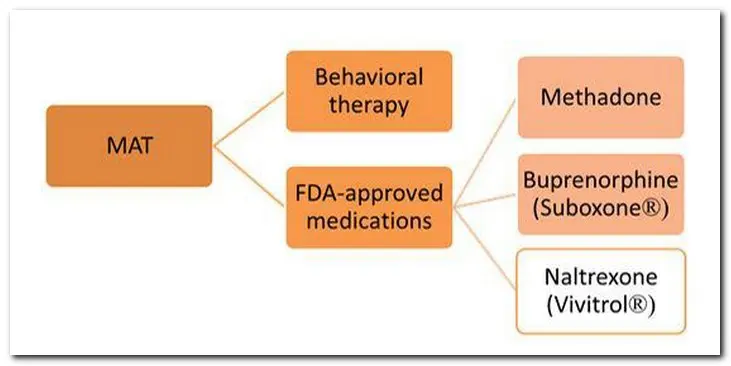
What medications are used in MAT?
Medications used in MAT programs can differ from program to program depending on the type of medications used in their treatment plan. Medications normally used in the program can include the following:Acamprosate: Acamprosate is used when people have tried to stop drinking alcohol and cannot stop drinking on their own. Due to the long-term effects of alcohol misuse, the brain does not function normally, acamprosate helps the brain start to function normally. Acamprosate will not work for people who have not stopped drinking heavily. This drug will not work for those who are using other drugs. Acamprosate also goes by the name Campral.
Disulfiram: Disulfiram will work in the body to make a person sensitive to alcohol consumption. After about 10 minutes if a person drinks the individual will start to become nauseous, followed by vomiting, and possible chest pains that will last for an hour or more. This reinforces to the individual that drinking will give a person a bad experience and make them less likely to drink again. Disulfiram also goes by the name Antabuse.
Naltrexone: Naltrexone binds to the endorphin receptors in the body and blocks the effects and feelings of alcohol. Naltrexone reduces alcohol cravings and the amount of alcohol consumed. Once a patient stops drinking, taking naltrexone helps patients maintain their sobriety. This drug will reduce alcohol use and help people remain motivated not to relapse. Naltrexone goes by other names such as ReVia, Vivitrol, and Depade.
Medications used in the treatment of opioid use disorders.
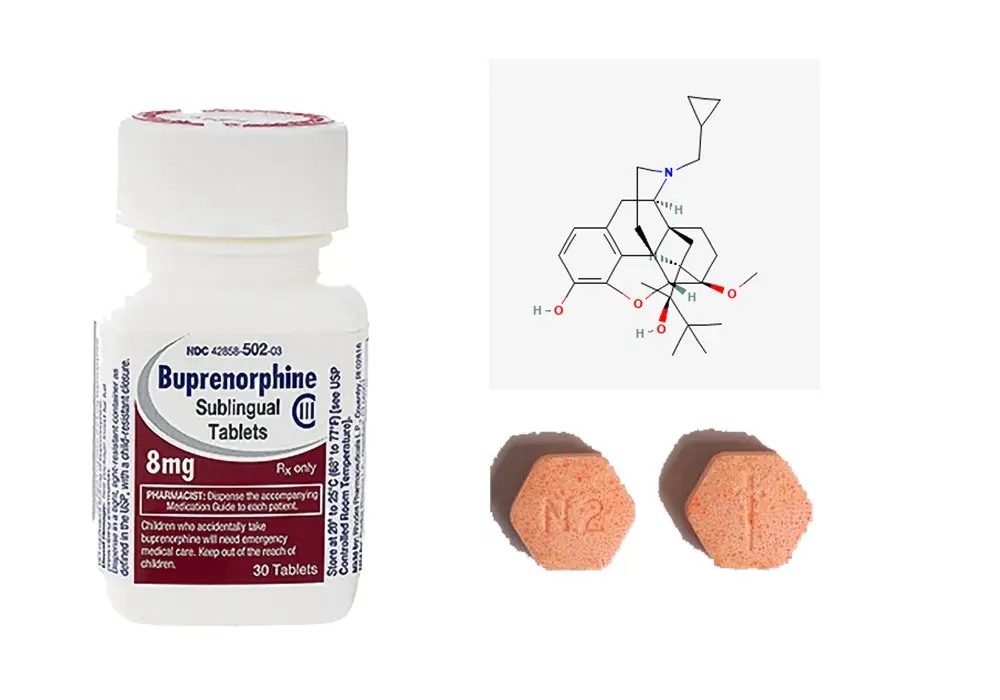
Buprenorphine: Buprenorphine was developed to reduce opioid cravings. The medication has a lower overdose potential due to its limits on how high someone can get using the medication. Names that are associated with Buprenorphine include Subutex.
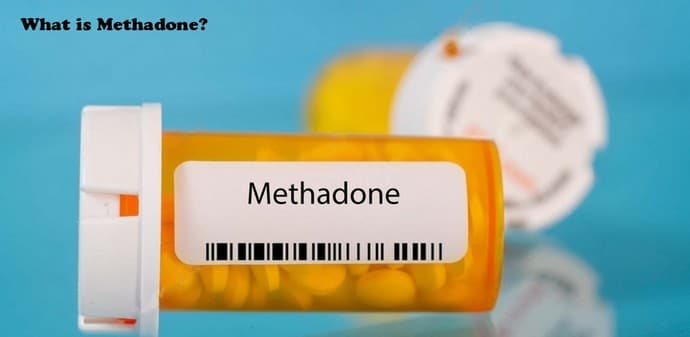
Methadone: Methadone reduces the craving to use opioids by blocking the reward system of the brain. Methadone causes dependence, but—because of its steadier influence on the mu-opioid receptors—it produces minimal tolerance and alleviates craving and compulsive drug use. The mu (μ) receptors are a class involved in neuromodulating different physiological functions. These receptors primarily affect nociception but also stress, temperature, respiration, endocrine activity, gastrointestinal activity, memory, mood, and motivation. In addition, Methadone therapy tends to normalize many aspects of the hormonal disruptions found in addicted individuals.
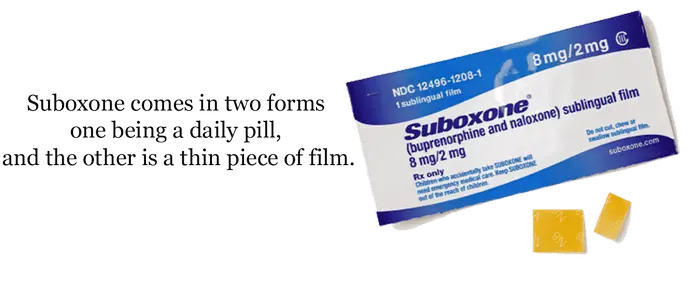
Suboxone: Suboxone was developed by combining Buprenorphine and Naltrexone. When these two medications work in conjunction with each other it will lessen cravings and block the reward system of the brain that is normally activated when opioids enter the system. When using Buprenorphine there is a limit, or ceiling effect that acts so users cannot get as high as they would if they were using opioid medications or heroin.
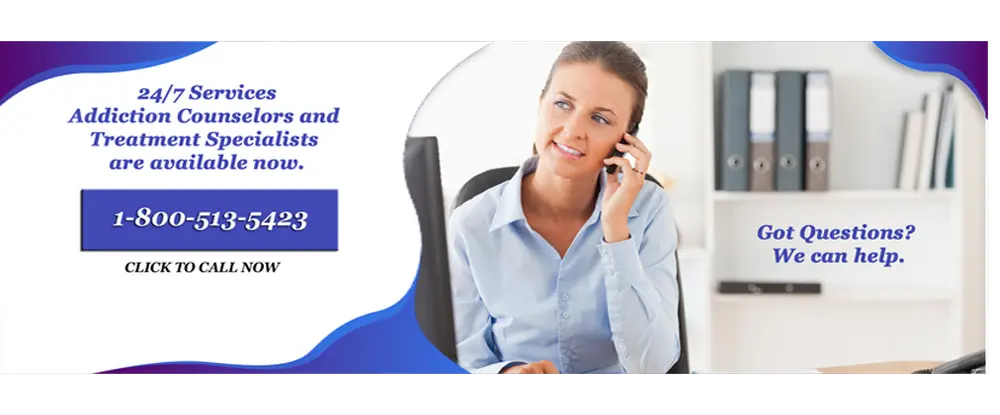
Sources
MAT
Naltrexone
MU Receptors
MAT FAQ IMAGE
Methadone
Erik Epp – Content Author
